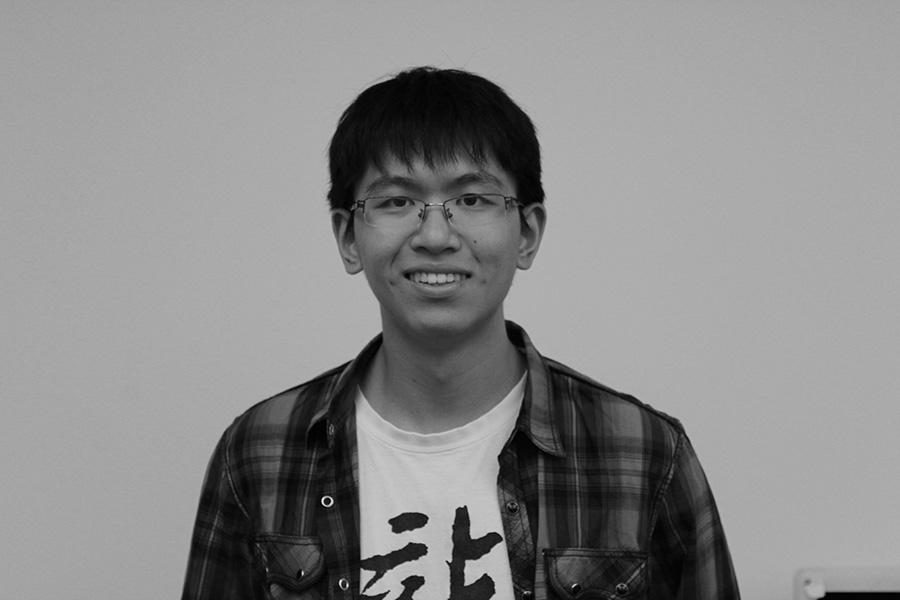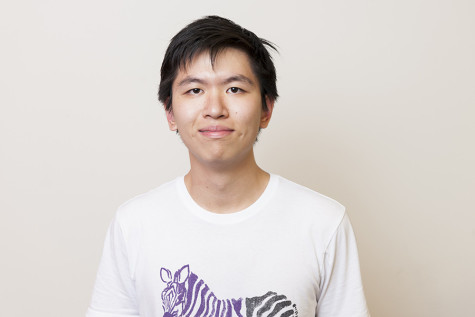Chinese president masks disdain for democracy
October 6, 2014
Xi Jinping is the most powerful man on Earth. As the president of China, he commands one of the largest and most centralized governments in the world, as well as one of the fastest-growing economies. What was once a struggling Communist state has become one of the most powerful players on the international stage, potentially rivaling the United States in influence. At no other point in history has the Middle Kingdom been so central.
Naturally, Xi wants to make a good impression. His exploits, including visiting dumpling houses and mingling among the common people, have been well-documented, both by the Chinese state press and foreign media. Xi now enjoys an unprecedented tumult of popularity from his people — second only to Mao Zedong — as well as from international leaders, hoping that the new, charismatic leader can bring about much-needed reform to China’s troubled political system.
Xi’s image has not been the only factor keeping his popularity afloat. His most notable policy goal since entering office has been a universal crackdown on government corruption, long a source of embarrassment for the Chinese government. Gift-giving, banquets and lavish vacations have all died down for fear of Xi’s over-extended reach of the law. No one, not even the most venerated retired officials, is safe.
In a country where rule of law holds little sway, it is encouraging to think that recent arrests might serve as a beacon for future democratic reforms within the otherwise impenetrable Chinese bureaucracy. Indeed, Western experts have asked Xi to better consolidate the power that has come with his leadership, along with China’s booming economy.
However, liberalization is almost certainly not the goal. Xi has gone on record to state that Western-style democratic reforms are out of the question. When a local or provincial official is arrested or vacates his seat, the central government is quick to step in with its own man.
Instead, Xi calls for “adherence” to the central leadership of the party. His anti-corruption campaign belies a much more sinister goal of centralizing power under himself and the Politburo. These are old, dangerous ideas, even echoing Joseph Stalin’s purges of the USSR Central Committee. Like Stalin, he aims to eliminate his ideological enemies, the corrupt, the lavish and the bourgeois. This is a man of the people insofar as he uses them as a veil, a wall of fervent popularity behind which he molds the state apparatus to his liking. Beware: he is no friend of democracy, only of himself.
A version of this article appeared in the Oct. 6 print edition. Email Richard Shu at [email protected].
























































































































































